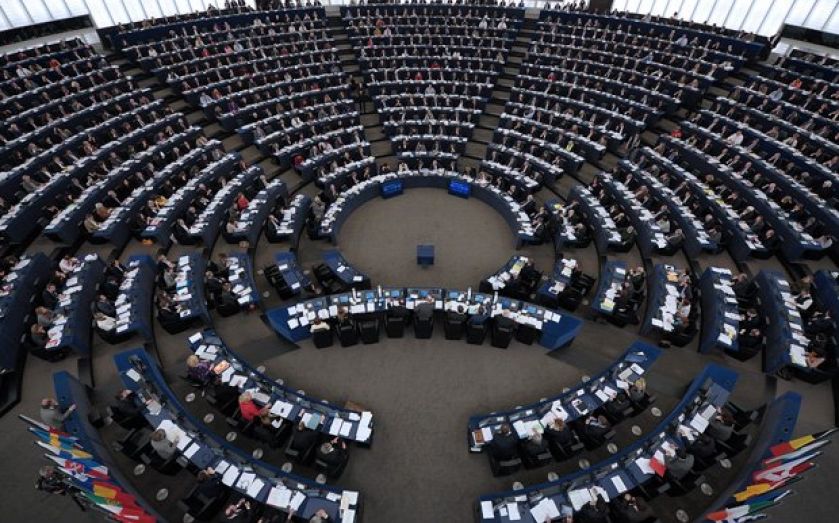City Matters: Britain’s new MEPs must do their job – whatever they think about the EU

THE EUROPEAN elections saw a series of striking results, as Ukip became the first party other than Labour or the Conservatives to top a nationwide poll since 1906, and anti-establishment parties surged across Europe.
Pundits have spent days discussing the results and what Ukip’s rise means for the established parties and their leaders. But while the success of both far right and hard left parties across Europe shows the widespread dissatisfaction voters feel with the European Union, we must not get distracted from the real purpose of the European Parliament, and the job which MEPs across the political spectrum are elected to do.
From the City’s perspective, it does not matter greatly what party MEPs are from: their constituents voted them in to engage in Europe, and now they must live up to this mandate. Sharon Bowles, the Liberal Democrat MEP who retired with this election, is an example of the golden standard of MEP engagement. She was focused, dedicated, and committed to her role chairing the European Parliament’s Economic and Monetary Affairs Committee.
The same principle holds true for the European Commission. Quality rather than nationality should be the key factor when it comes to determining its composition. The president of the Commission needs to be a “big hitter” on the international stage – which is why names like Christine Lagarde, managing director of the IMF, should be on the target list.
If Europe’s politicians want to be taken seriously, they must focus on a core agenda of jobs and growth – not on micro-managing Europe’s citizens in a way which works to sap enthusiasm from the European project. We all want Europe to work better, but this requires MEPs to play their part by taking their roles in the European Parliament seriously. A policy of non-participation or non-attendance is self-defeating and undermines the UK’s interests.
MEPs have been elected to represent their constituents and should aim to make a difference, not opt out – whatever their political leanings. The Parliament is an important forum for holding the European Commission to account and regulating financial services. Whatever one thinks of Britain’s position in Europe, while we remain in the EU, we have the opportunity to influence legislation and debate through our MEPs. If we allow them to disengage, we cede part of that power and become more like Switzerland or Norway – bound by EU regulation, but with an inadequate say in its origin – without ever voting in a referendum to agree this.
Our MEPs must engage, and we must hold them to a higher standard. The European Parliament has its own soul searching to do as to how it can reconnect with voters, but we must not allow MEPs to fall under a lower level of scrutiny than our MPs in Westminster. We need right-thinking, pragmatic MEPs, committed to working together and engaging with the key issues that Europe faces. It is no good anyone complaining about “being ruled from Europe” if our MEPs do not do the job they were elected, and are paid, to do.
Mark Boleat is policy chairman at the City of London Corporation.